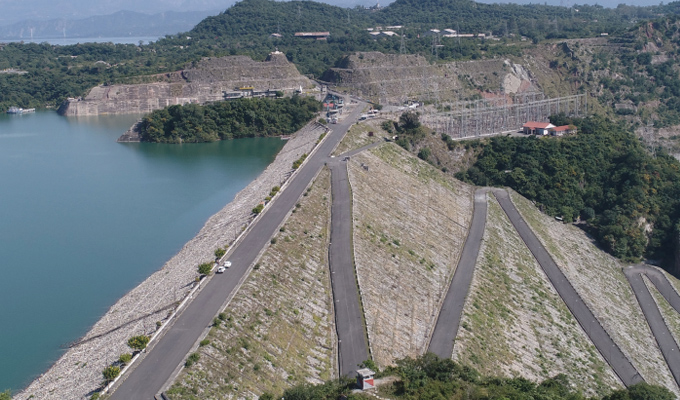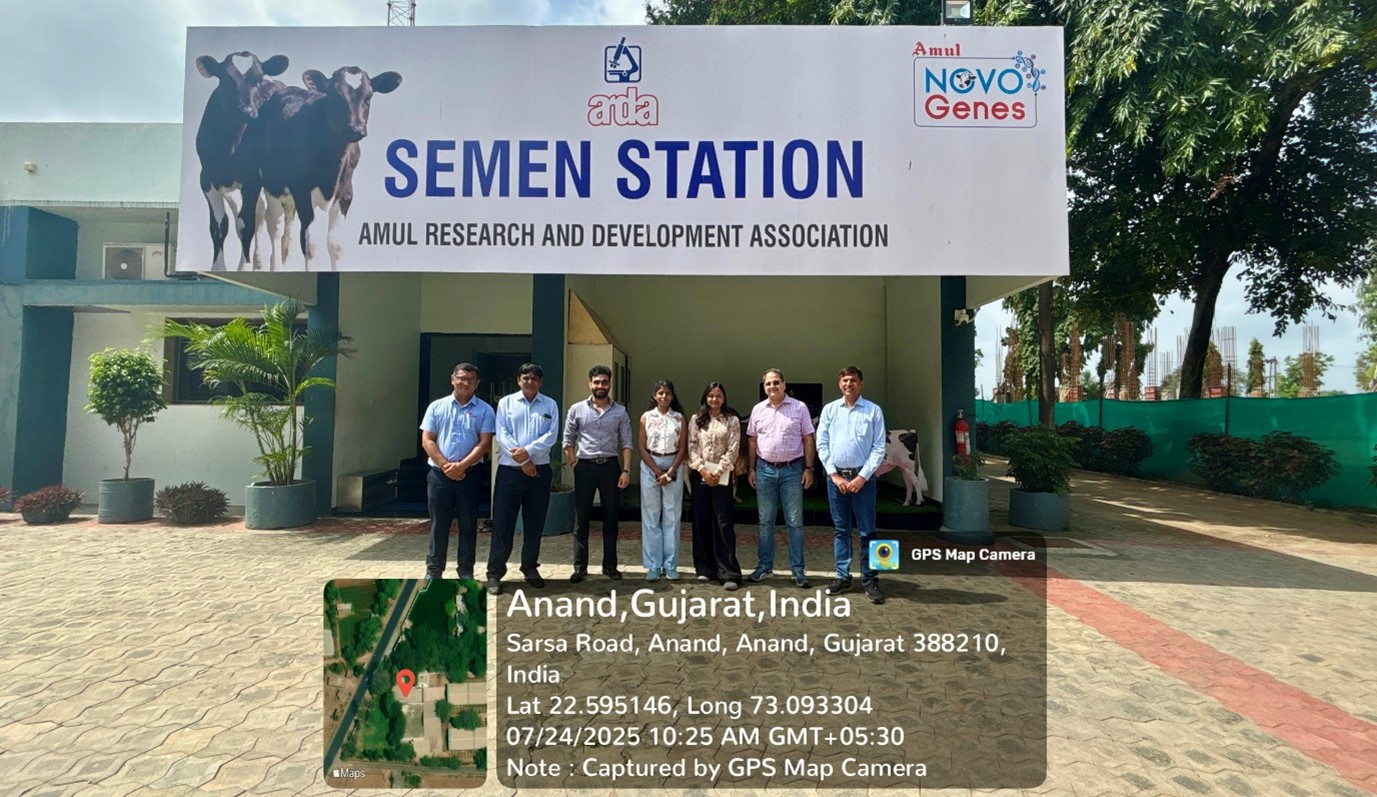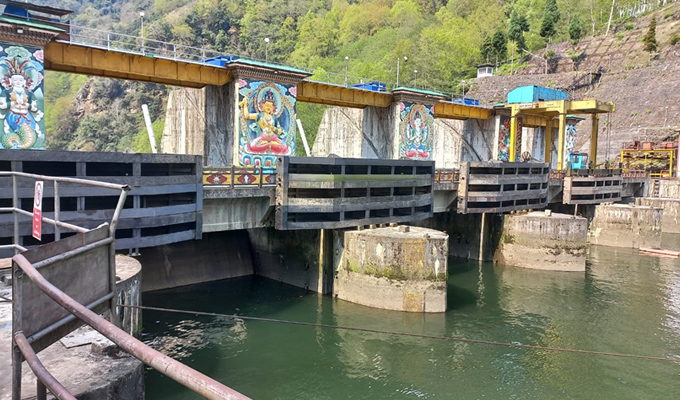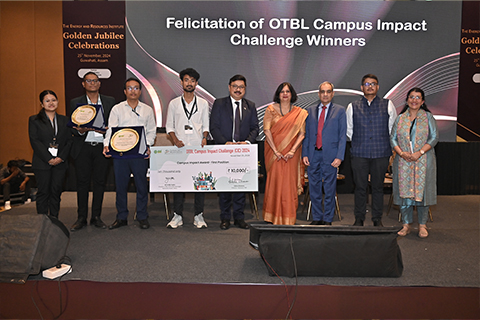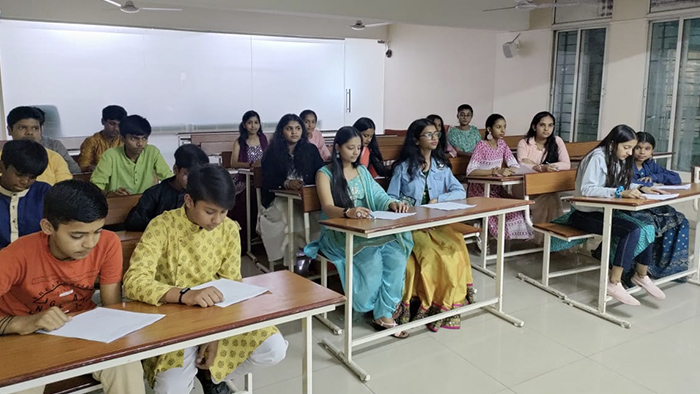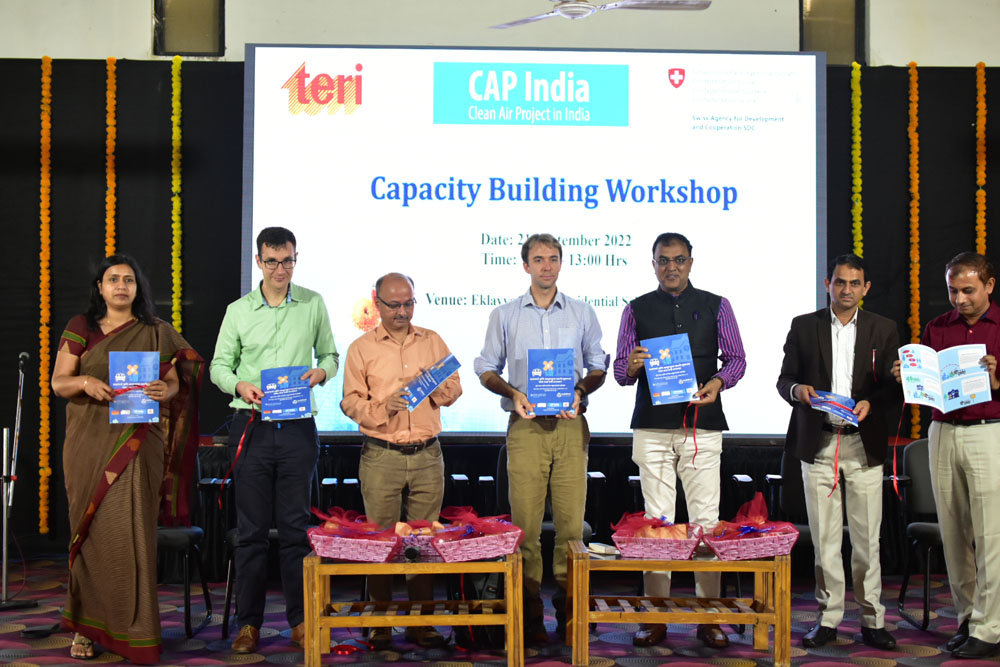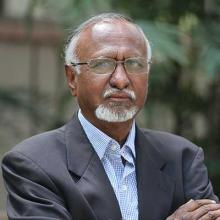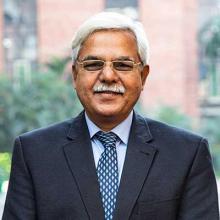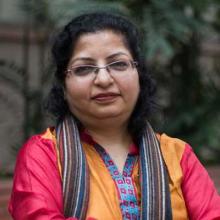We need to underline value of collaboration on climate change
February 23, 2026
| The Indian Express
In a world where the US has exited many major international treaties and decided to walk away from its commitment to protect climate, multilateralism is clearly under great stress writes Mr R R Rashmi, Distinguished Fellow & Programme Director, Resource Efficiency & Governance Division.
India’s climate perspective: budget 2026 decoded
February 6, 2026
| Ms Suryaprabha Sadasivan
| Hindustan Times
The Union Budget 2026–27 approaches climate as a matter of economic design and institutional readiness. The emphasis is not on signaling ambition, but on quietly assembling the tools required for transition writes Ms Leena Nandan, Distinguished Fellow, Earth Science and Climate Change Division, The Energy and Resources Institute (TERI) and Ms Suryaprabha Sadasivan, Senior Vice President, Chase Advisors.
AI, clean energy, net-zero push in NDMC budget
January 10, 2026 |
January 12, 2026
The Hindustan Times
The New Delhi Municipal Council’s (NDMC) 2026–27 budget projects a surplus of ₹143.05 crore, prioritising AI training for students, hydrogen and solar energy generation, a Net-Zero Carbon roadmap in collaboration with The Energy and Resources Institute (TERI), and major civic improvements including mechanised sweeping across the NDMC area, Miyawaki afforestation, and the installation of 2,000 additional CCTV cameras.
Does imposition of US tariffs present a strategic opportunity for India’s energy security?
December 15, 2025
| Mr Manjeev Singh Puri, TERI; Mr Pritish Kumar Acharya and Dr Gopal Krishna Sarangi, TERI-SAS
| ABP News
In this disrupted landscape, India must convert adversity into a strategic opportunity, advancing its energy and climate leadership through decisive, forward-looking actions, write Mr Manjeev Singh Puri, Distinguished Fellow, Sustainable Development and Outreach Division, TERI; Mr Pritish Kumar Acharya, TERI School of Advanced Studies and Dr Gopal Krishna Sarangi, Associate Professor, TERI School of Advanced Studies. .
Important message
December 13, 2025
| The Telegraph
Belém has delivered a message that the world cannot ignore. Climate justice begins with those who protect the forests. The next step belongs to governments, including India, to act on that truth, writes Mr Sayanta Ghosh, Associate Fellow, Land Resources Division, TERI.
Trade barriers and climate adaptation take centre stage in India’s Post-COP30 dialogue
December 11, 2025 |
December 11, 2025
United News of India (UNI)
The event, jointly organised by the Chintan Research Foundation (CRF) and The Energy and Resources Institute at the India Habitat Centre, brought together senior policymakers, climate negotiators, and researchers to unpack the outcomes of the recently concluded COP30 in Belem. While the panel addressed topics ranging from finance and adaptation to just transitions, it was India’s stance on unilateral trade measures that quickly set the tone.







